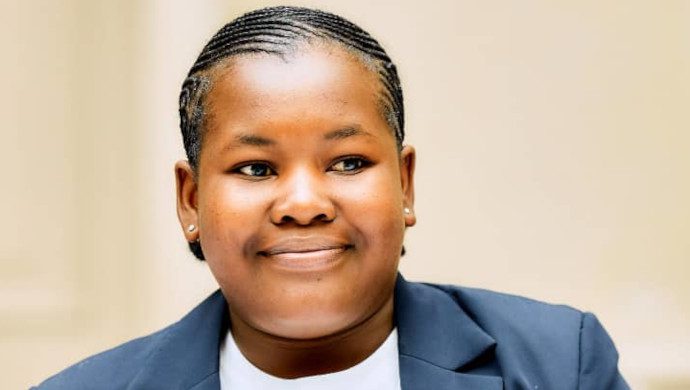France plans to put a tax on airline tickets starting next year to finance efforts against poverty and disease in the developing world, President Jacques Chirac said Monday, reports the World Bank press review Tuesday.
While the idea is still being debated at the international level, France wants to launch a pilot program to prove it could work. The first funds would go first toward fighting AIDS, tuberculosis and malaria, Chirac said. – Without waiting, I asked the government to start the procedures necessary to put such a levy in place next year, Chirac told French ambassadors gathered in Paris.
Officials will now study the judicial ramifications and how exactly the project would work. The measure must pass parliament. Chiracs party has a strong parliamentary majority. Chirac said some money could eventually be directed toward Britains proposed International Finance Facility – which would leverage billions of dollars a year for aid to Africa by issuing bonds on the worlds capital markets.
In June, Finance Minister Thierry Breton said airline tickets were chosen because airlines benefited from globalization and paid low tax rates, because airline passengers were “rarely among the poorest citizens” and because the feasibility of similar levies had been proven in Britain and elsewhere.
As an example, French authorities said a tax of about 6 US dollar (36 DKR) per passenger worldwide, with a 25 dollar surcharge for business class, would generate about 12 billion dollar (72 mia. DKR) a year internationally, including 3 billion dollar in Europe. The contribution could be adjusted in poorer countries, so passengers there were not penalized. Countries could even make the contribution voluntary or obligatory.
France proposes that the tax be based on territoriality, and not nationality. All airline companies, regardless of their country of origin, would be asked to raise the tax should they take off from the territory of a participating country.
Chirac said an international summit on the issue will be held in February and that along with its partners in the scheme, France will push for its adoption by the UN next month. Chirac said Germany, Algeria, Brazil, Chile, Spain will join him in pushing the UN to adopt the policy at the summit in New York on Sept 14-16.
Meanwhile, the United States said it opposed the idea but would not block the plan if others wanted to implement it. Some European countries, including Greece and Ireland, have given the idea a frosty reception during European Union discussions. The airline industry is also opposed to such a levy.
– If the politicians are really serious about helping development, this is the wrong way to go about it, said Anthony Concil, spokesman for the Geneva-based International Air Transport Association.
– It is going to hurt the demand for air travel in general, but more importantly, it is a disincentive for people who are traveling to holiday destinations in developing nations, added he.
Concil said people working in the tourist and service sectors industry in such countries risked being adversely impacted: – Making air travel more expensive is certainly not the way to help the third world, he concluded.
Kilde: www.worldbank.org














